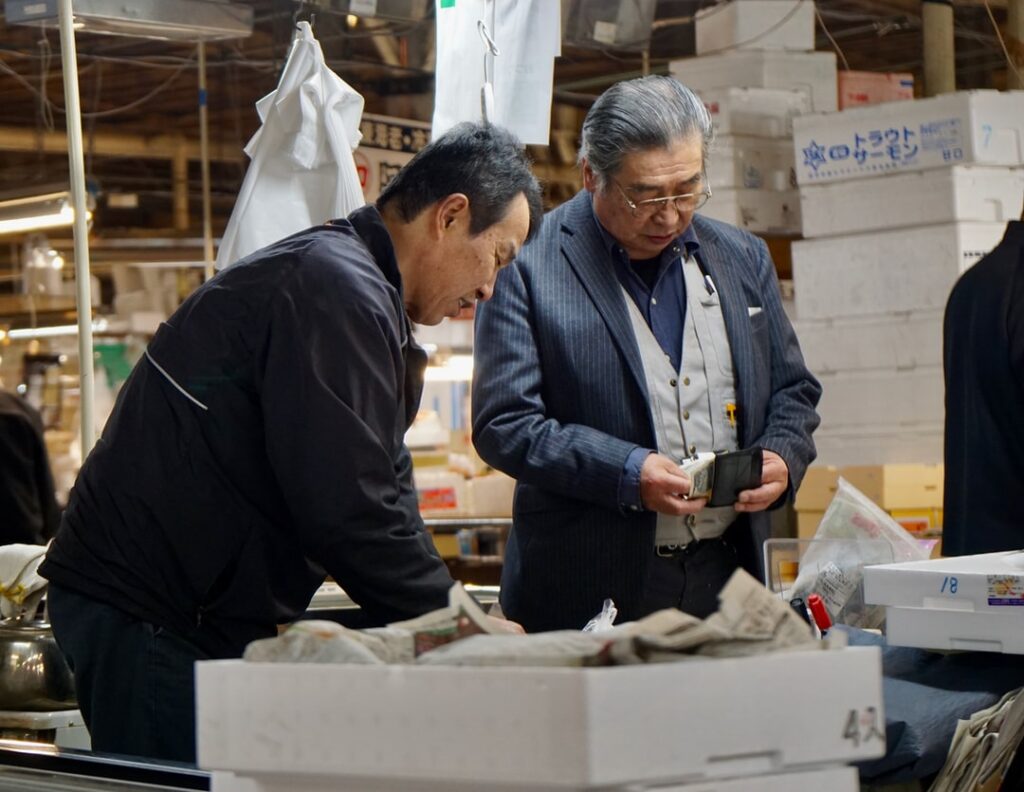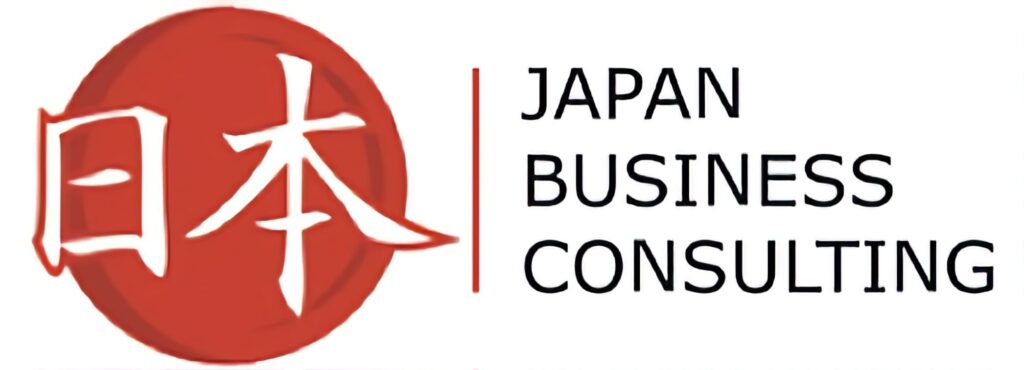How to Get Paid in Japan
Written by Erich Ahorner

If you are a business owner, or work in sales, you know for sure that nothing really happens in business without a sale being made.
Although it is always great to make a sale it is still not a guarantee to get paid.
In some countries, getting paid can be an issue. We find ourselves swimming with sharks who promise everything we want to hear in terms of payment, but in reality are transactional in their thinking and have no hesitation in ripping us off.
Fortunately, Japan usually isn't in that category.
There is a rule of law in Japan, plus a very healthy moral code. Japanese people abide by the law, they line up nicely for trains and buses, there is hardly any road rage, they are very considerate of others, and they don't take other people's belongings.
I am sure you have heard horror stories of getting your bag or phone stolen by some expert gang that is working as a team, and knows where to look for tourists or clueless foreigners like you.
This might happen somewhere else, but not in Japan.
If you drop your wallet, chances are the wallet - along with all cash and credit cards that were inside - will be returned intact to a police station. I have had that experience.
Or, you might find it sitting on a prominent position so you can easily find it when you go looking after discovering it is missing.
I once left a CD & tape deck on a train and only remembered i had taken it on the train in the evening. I went to the train station, and staff told me that it was safely at the lost & found office of the train's final destination. To my additional surprise I did not have to go and get it, but the station staff was so kind to deliver it back to me with the next train!
Now, Japan is not a nation of 126 million saints. Yes, there are Yakuza (Japanese Mafia), criminals, burglars, con artists, and other assorted no-goods operating there.
However, Japan is a lot better than most other places, and this also has an impact on how business is conducted.
I have have been doing business with Japan for over 25 years and have never had an unpaid invoice. You will get paid in Japan, unless you are particularly unlucky.
The issue with Japan is usually not IF you will get paid, but rather WHEN you will get paid.
Cash flow is always of strong interest to small and medium-sized companies, and the timing can be crucial at different circumstances.
If sales haven't been all that great, and the expenses are as high as ever, not getting the payment when you expect it can put pressure on your cash flow. Run out of cash, and you are out of business pretty fast.
Reputation for reliability in business is very important in Japan. Lose that, and people won't
work with you ever again. You are done.
Counter-intuitively, the worst payers are the biggest players. The giant Japanese multi-nationals have clever chief financial officers who have worked out that they can screw the small guys and make them wait for 60 days or more before having to pay them.
This is a case of might against right, and you have to take it if you want to do business with them.
I have never liked, it but I know I can't change it (read the the post about change in Japan here), so I take it.
Major Japanese corporates pay you in 30 days, for the most part.
Japanese domestic companies sometimes have tricky conditions, though.
If your invoice isn't received by the 12th or the 15th of the month, then it won't get paid until the end of the next month.
Or, they will not accept an invoice until the goods or services have been received - no payment in advance is possible. Or, they won't accept the electronic version, so you have to mail them
a paper copy. Or, they find a minor mistake in the way you have captured the company name - or the name of the person on the invoice is wrong - and the accounting department won't accept
the invoice. You must re-issue it, and the whole payment process starts from that date.
Very picky at times, but all of this adds up to delays around when you get the money.
So, when starting a business relationship with a Japanese buyer, you have to ask the key questions:
- By which day of the month must the invoice be received?
- Will you accept an electronic invoice?
- How long are your payment terms?
- Do you have any protocols about advance versus subsequent payment?
The good news is that you will get paid in Japan. The bad news is you may not get paid as quickly as you are used to or sometimes require.
So you need to know the answers to questions above for your own cash-flow planning.
Are you unsure about how to avoid mistakes when dealing with a Japanese company?
I am happy to help. Schedule a completely free call here.

Erich Ahorner
Erich Ahorner helps people enter the Japanese market and grow their businesses. He is an expert at helping people with market entry using online and offline methods and trying to break down necessary steps to make things simple to understand. If you're interested in growing your business or entering a new market to and increase sales then definitely reach out and request a free strategy session today.
Menu
